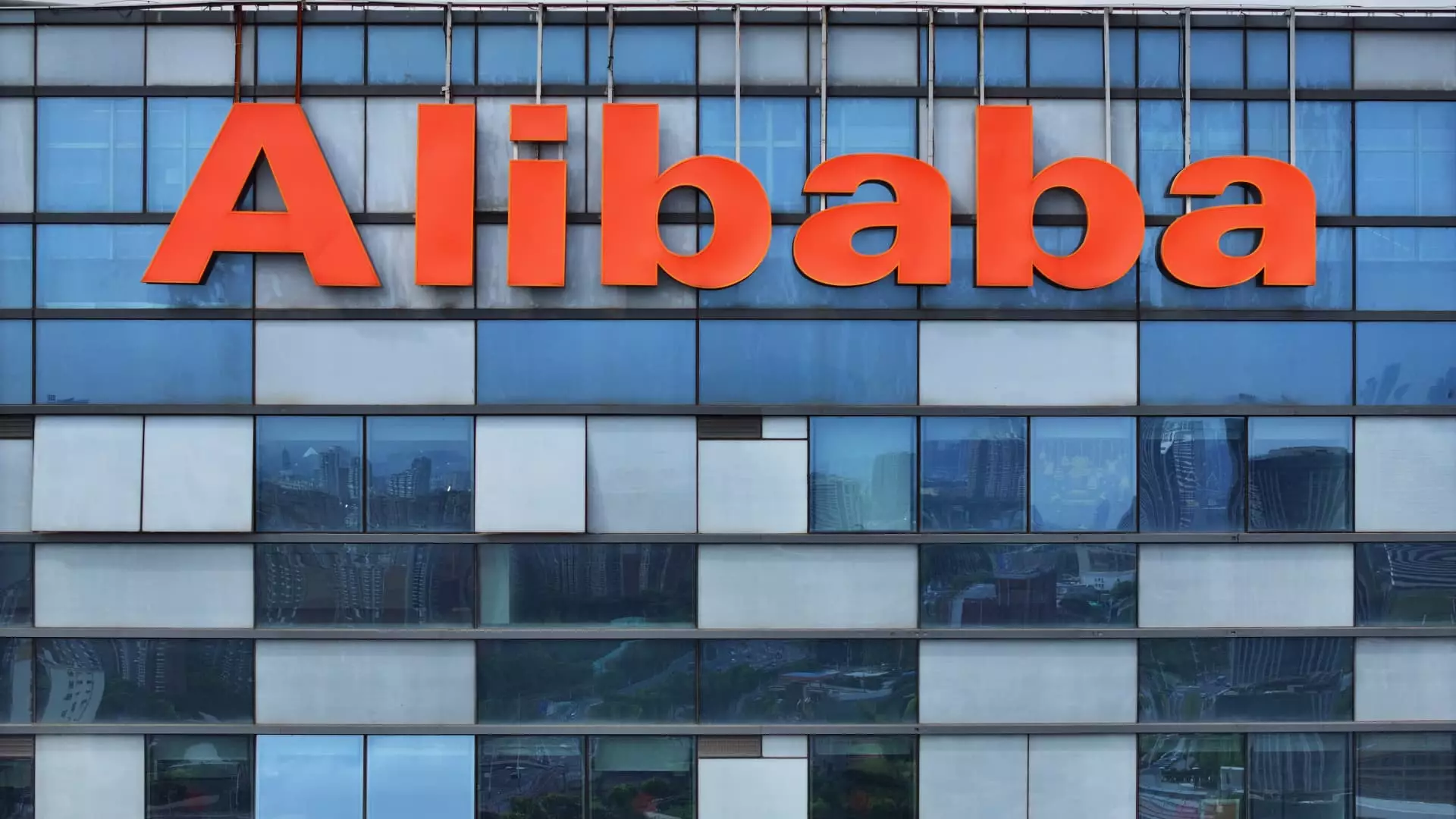On Friday, Alibaba, the Chinese e-commerce giant, witnessed a significant surge in its stock prices in Hong Kong, following the release of its impressive quarterly results. The company’s shares jumped as high as 11% before settling 9.18% higher by the end of the trading session. This upswing can be attributed to noteworthy growth in both Alibaba’s cloud intelligence division and its core e-commerce business. Financial analysts, such as those from Nomura, are optimistic about Alibaba’s e-commerce prospects, which they predict will remain robust well into the first half of 2025. This sentiment is fueled by recent government initiatives aimed at encouraging consumer spending through incentives that include trade-in subsidies.
China’s strategic allocation of 300 billion yuan (approximately $41.5 billion) in ultra-long special government bonds last July represents a calculated effort to invigorate domestic consumption. The country’s approach includes enhancing its trade-in and equipment upgrade policies, which are seen as keys to creating favorable market conditions. The resurgence of sustainable growth in domestic e-commerce is not only a boon for Alibaba but also has positive implications for the wider Chinese technology landscape. Vey Sern Ling, a senior equity advisor at UBP, emphasized how the increasing consumer confidence is boosting the overall sentiment within China’s tech sector, paving the way for future investments and innovations.
The AI Revolution and Investment Strategy
In an era marked by rapid technological advancements, Alibaba is well-positioned to capitalize on the surging demand for artificial intelligence (AI) solutions, particularly in cloud computing. Following the emergence of Chinese AI startup DeepSeek – known for its innovative R1 model that competes with established U.S. firms – the race for AI dominance has intensified. Barclays analysts project that Alibaba is on the verge of making significant investments in AI and cloud infrastructure over the next three years. According to their analysis, the capital earmarked for these projects could exceed the company’s total investments in these sectors over the past decade, amounting to nearly 270 billion yuan.
Alibaba’s recent debut of its Qwen 2.5-Max flagship AI foundation model demonstrates the company’s commitment to advancing its cloud capabilities. The strong demand for AI inference, which constitutes approximately 70% of incoming requests, signifies a growing market that Alibaba aims to nurture and expand.
Regulatory Challenges and Leadership Dynamics
Despite these promising growth indicators, Alibaba’s journey has been fraught with obstacles, particularly due to regulatory challenges. Since 2020, the company has faced heightened scrutiny following the fallout from its financial affiliate, Ant Group, which was compelled to suspend its initial public offering. Jack Ma, Alibaba’s influential founder, has mostly stayed out of the public eye since these events. However, his recent participation in a closed meeting with Chinese President Xi Jinping symbolizes a shift towards a more favorable climate for private enterprises. During this meeting, the Chinese government encouraged private businesses to express their potential and invigorate confidence in what has been termed a “new era” for the industry.
In its latest financial disclosures, Alibaba reported a staggering net income of 48.945 billion yuan (approximately $6.72 billion) for the quarter ending December 31, significantly surpassing market estimates of 40.6 billion yuan. This performance marks a remarkable increase compared to the year-ago figure of 14.4 billion yuan. Additionally, the company’s revenue of 280.15 billion yuan also beat expectations as analysts had forecasted 279.34 billion yuan. Following these announcements, Alibaba’s shares listed in the U.S. exhibited a healthy rise of over 8%, demonstrating investor confidence in the company’s revitalized operational outlook.
As Alibaba navigates through a complex regulatory environment while simultaneously seizing opportunities in the burgeoning AI market, its direction appears promising. The combination of government support, a resurgence in consumer spending, and the company’s strategic investments in technology could position Alibaba as a formidable player not just in China, but on the global stage. Moving forward, stakeholders will keenly watch how these dynamics unfold, as Alibaba seeks to reclaim and enhance its standing in the competitive technology landscape.

